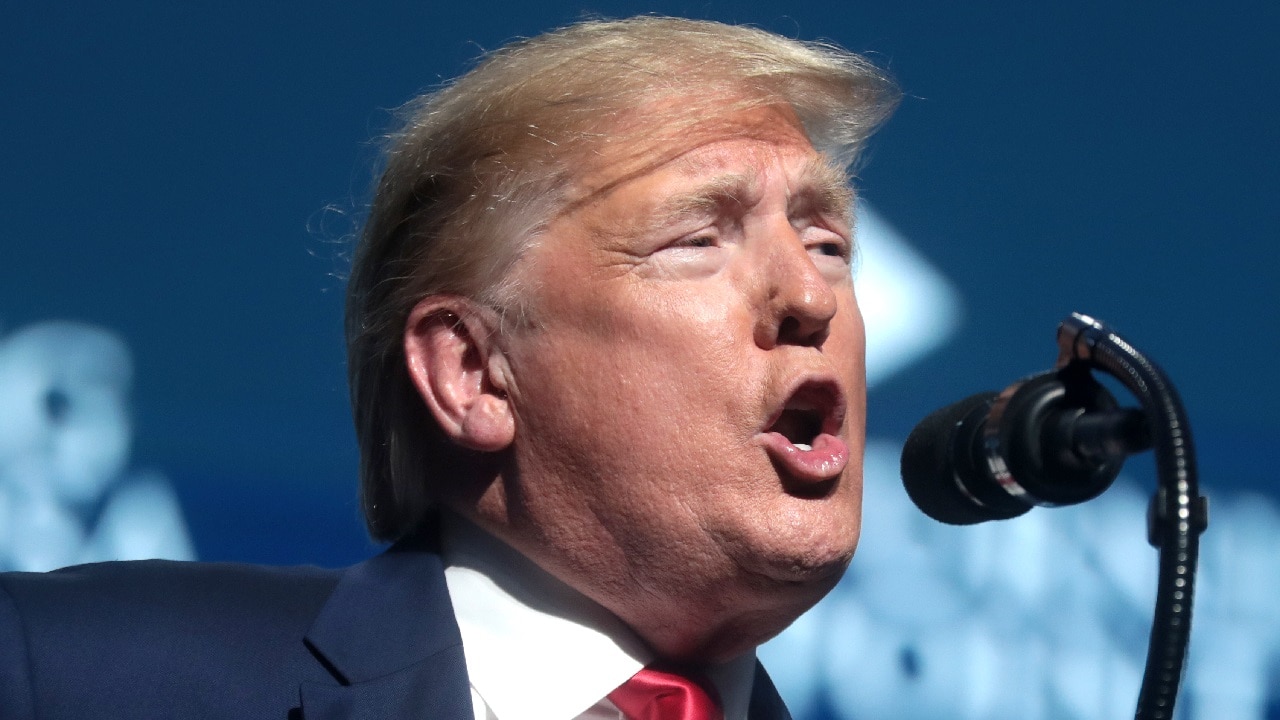Former White House Chief of Staff Mark Meadows testified for approximately three and a half hours in the sprawling Fulton County election subversion trial. Meadows delved into his role at the White House during the tumultuous period following the 2020 election when then-President Donald Trump aimed to overturn the election outcome.
Meadows, who is facing two felony charges including racketeering and solicitation of a violation of oath by a public officer, attempted to persuade a judge that his actions to block Trump’s 2020 election loss to Joe Biden were part of his official government duties.
“It was a 24-hour, seven-day-a-week kind of job,” Meadows told the court. “It was a very broad responsibility … I found myself on defense a lot with things coming at me from a million different directions.”
He said the government had a legitimate interest in “accurate and fair elections,” and cited the roles of the Department of Homeland Security and the Department of Justice in promoting them.
Putting Meadows on the stand was an unexpected legal maneuver. Typically, criminal defendants refrain from testifying, especially during pre-trial motions.
This move allowed prosecutors to question Meadows about post-2020 election events in a setting where his statements could be used against him and the other defendants.
Crunch Court Decision
Meadows aims to move the case to federal court, claiming federal immunity due to his role in the U.S. government.
U.S. District Judge Steve Jones is expected to make a pivotal decision regarding this matter, which will impact all 19 co-defendants, including Trump. Four additional defendants have already sought to move their cases to federal court.
Jones asked for additional legal arguments about Georgia’s anti-racketeering law, indicating that he will not rule on the matter before Friday at the earliest.
Meadows tied his actions to his official position, even asserting that some election-related activities were related to advising Trump on future election security legislation.
Meadows also denied allegations in the indictment, including directing an aide to write a memo about “disrupting and delaying” the January 6, 2021, certification of the election results. Meadows’ testimony raised questions about Trump’s claims of election fraud, his belief in the election outcome, and his interactions with former Attorney General William Barr.
Will Transferring Help Meadows and Co?
Transferring a case to federal court in Georgia may lead to a broader and more politically diverse jury pool compared to Fulton County, which is predominantly Democratic. However, there’s no guarantee of a favorable jury.
The case would also navigate federal appeals courts more smoothly and potentially reach the conservative-leaning U.S. Supreme Court.
Moving to federal court might also grant lawyers more time and exclude cameras from the courtroom.
However, it’s crucial to note that even if cases are moved to federal court, neither former President Trump nor any future Republican president could issue pardons for state crimes due to the limitations of presidential pardon power. Georgia’s lengthy pardon process could mean years before any legal relief is possible, if at all.
Georgia Gilholy is a journalist based in the United Kingdom who has been published in Newsweek, The Times of Israel, and the Spectator. Gilholy writes about international politics, culture, and education.

